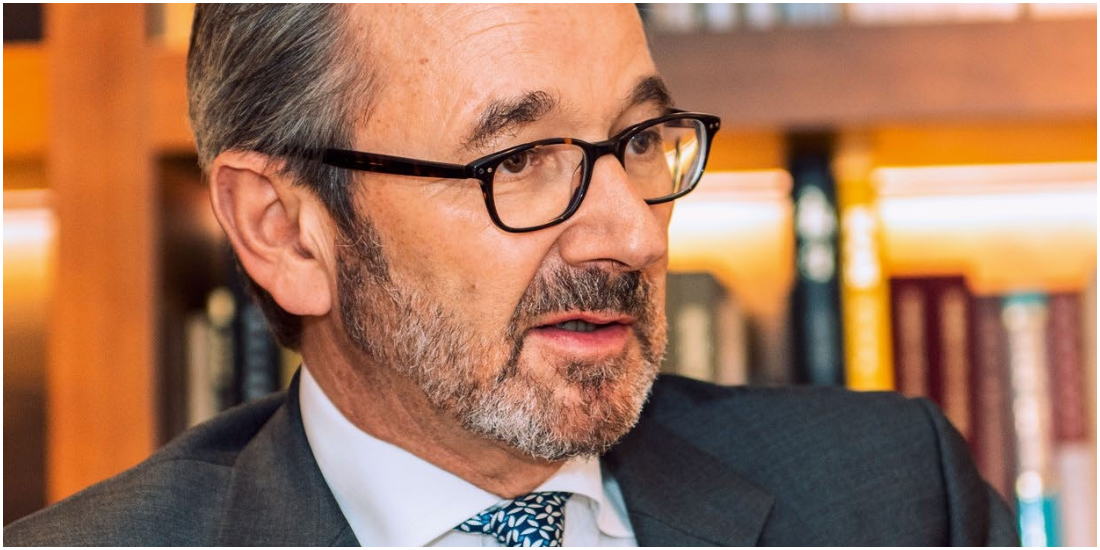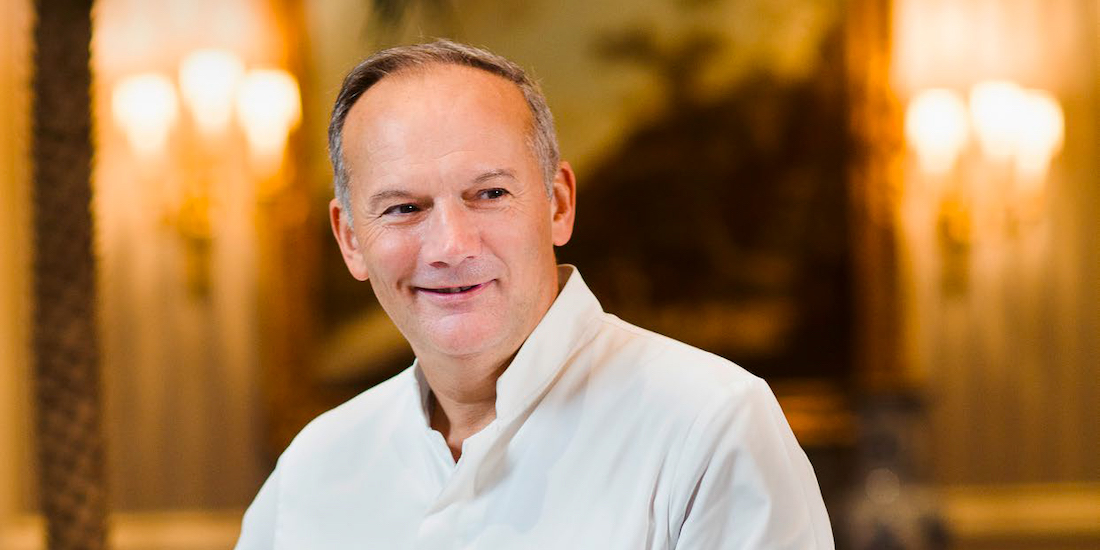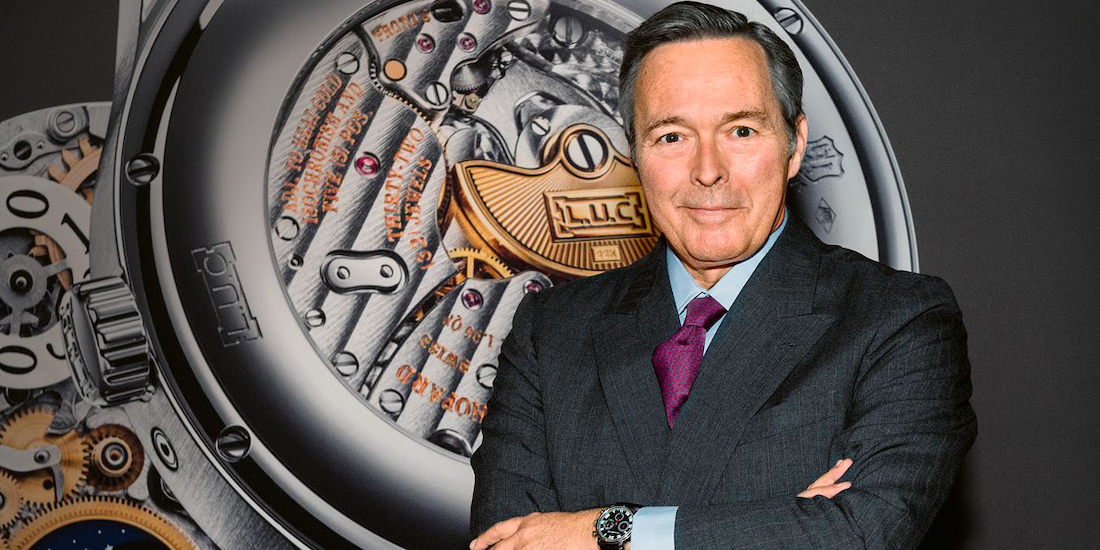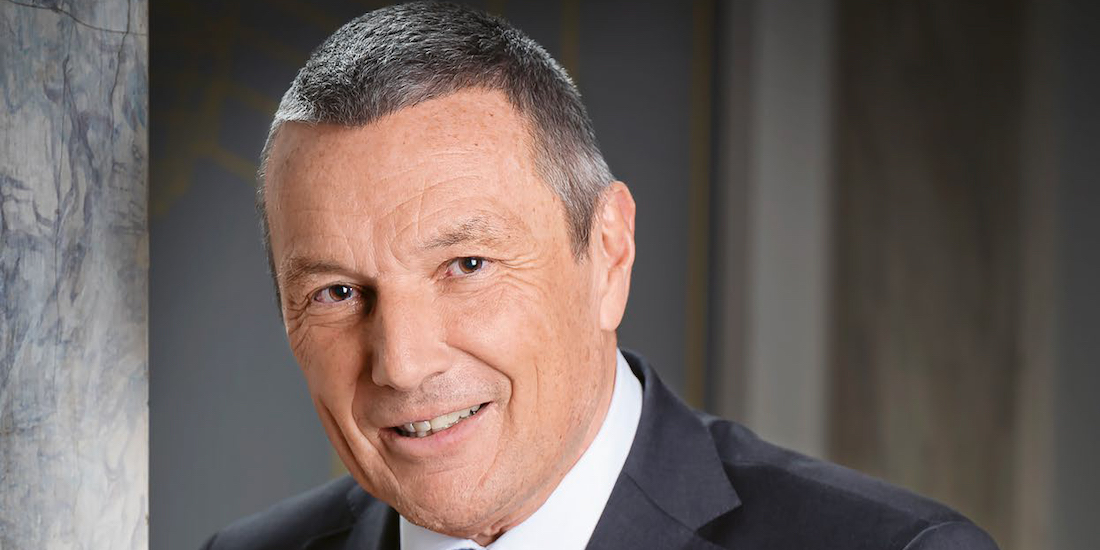
“Watches are all about emotion”
What did you think of your first prize-giving ceremony as President ?
This ceremony was a success in several ways : on the one hand there was a lot of emotion, which is essential for the ceremony itself, but also because it reveals the passion of the people who express themselves in it and which they convey to the public. This emotional dimension is decisive, and we cannot talk about watchmaking without it. With regard to the ceremony, which has a reputation for being somewhat lengthy, an excellent pace was achieved that served to make it catchy, interesting, funny and touching, even though there is always room for improvement. The jury’s choices were naturally their own. In keeping with the neutrality of the Grand Prix, it is certainly not for me to make an assessment. In any case, these choices also serve to promote the watch industry as a whole, and the introduction of the Challenge category and the Audacity Prize has served to broaden the scope of the awards.
Do you think that the major watch brands are sufficiently well represented ?
The GPHG naturally wishes to represent the watch industry as broadly as possible, and in particular the major brands. They were indeed strongly represented in the final selection. But some of them still have reservations and we must ensure that the framework conditions of the Grand Prix enable them to find their place within it. Promoting the entire industry is beneficial to all brands, including the big-name brands. They also benefit from the international influence of this event… Each year, everyone has a chance and the jury of experts make conscious and independent choices.
You mentioned on-stage a plan to evolve the selection format…
This is a sensitive issue that the GPHG has been working on for some time with the small group of experts which suggests the categories and jury members to the Board of the Foundation. As I said in my speech at the award ceremony, it is time to question our selection system : should we broaden the selection body represented by the current jury, or simply better define the criteria applied to the choice of watches so as to avoid possible overweighting of brand profiles that are not sufficiently representative of the market ? Objectively, the 30 or so members of the jury include very competent and prominent personalities ; the two-stage voting process is well controlled ; and this edition ran very smoothly. There is no need to change things merely for the sake of change. But we will be accelerating our thought process and when the time comes I would like to consult watch brands on a possible new Grand Prix blueprint.
In your opinion, what do watch brands expect from the GPHG ?
Several things : first and foremost, the GPHG must be the best ambassador for the watch industry, regardless of the winners’ identity, and we must further intensify our international influence. For example, during our exhibitions in Venice, Hong Kong and Singapore, guests at our private events, who were able to handle the watches while benefiting from the explanations of an expert, were delighted with the experience. The marketing impact on the selected brands of these ephemeral and personalized events is very beneficial. Media interest is intense, and we spent a lot of time meeting media representatives. Our role is also to educate customers and especially future enthusiasts. In Singapore, for example, we invited about 30 students from the Singapore Technical University to our exhibition and I was struck by their strong attraction to the technicality, design and aesthetics of watches. In the 10-day exhibition at the Geneva Musée d’art et d’histoire we also offered visitors workshops designed to help them understand what a watch is. Finally, I think that the GPHG with its “not for profit” approach can also play a unifying role among other promotional platforms such as trade shows. We will intensify the dialogue in this direction.
And what about the public ?
The GPHG has several audiences, but all of them eagerly await the ‘Oscars’ for the world’s most beautiful watches. Several markets – notably including Russia and China – are now interested in live broadcasting of the ceremony and its format thus remains crucial. As far as the watchmaking community is concerned, it wishes to have a representative selection of the finest watches, while remaining attentive to the selection criteria in order to avoid a lack of interest on the part of this community. And for the latter, the GPHG must also be a beautiful family celebration that facilitates global networking, a great annual highlight for all stakeholders in the watchmaking industry.






